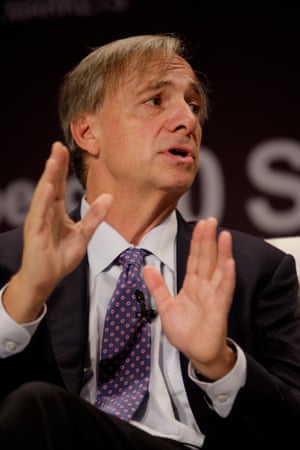by Girish Menon
I am an Indian Muslim
I have the right to religious freedom
I have the right of parental choice
It's within my freedom of expression
So why crib about my name choice?
I have named my son Taimur
Others chose similar warmongers
I have the right of parental choice
Ashoka, Alexander or Aurangzeb
So why crib about my name choice?
Remember, you’re half a Tagore
A man Iqbal despised
Taimur's a hero two nation theorists love
Something your father despised
Hence we crib about your name choice!


Delhi, after Sack of Timur Lang






